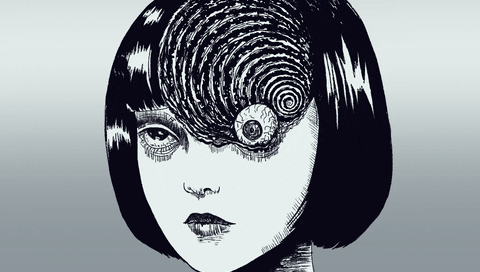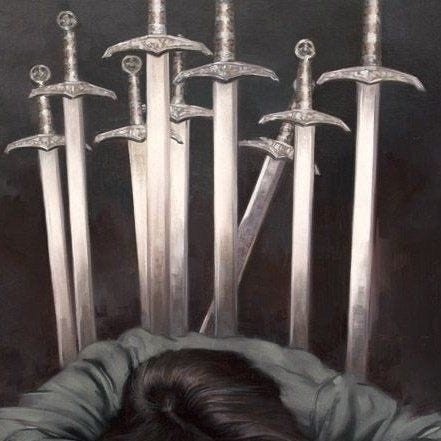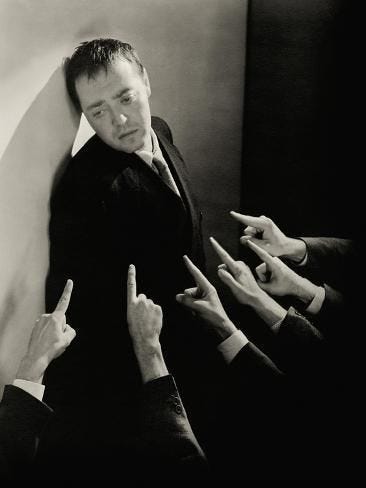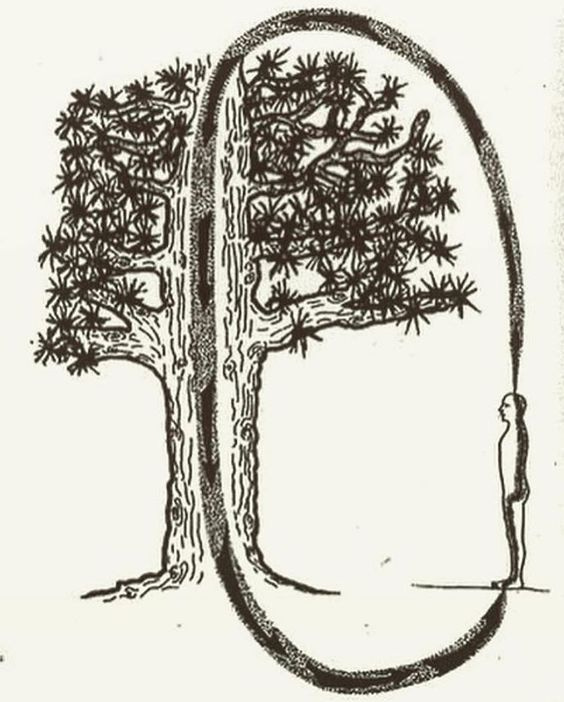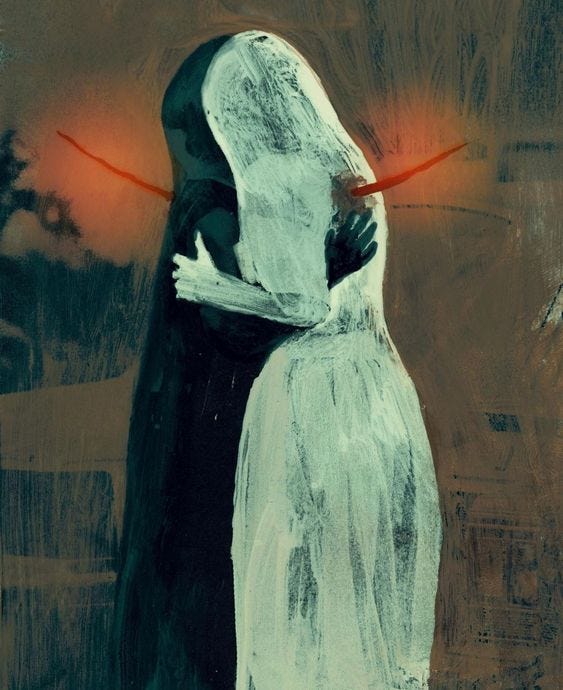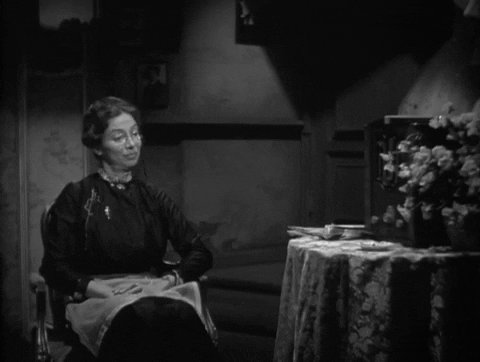spiralling out of perfectionism and into wholeness
i was today-years-old when i found out that i actually deserve to rest 🫠
It happened again, just like clockwork.
I realized I’d been hunched over my laptop for over six hours without stopping to hydrate or feed myself. I’d barely even moved.
Because I was semi-dissociated, I also clocked that I was tilting my head awkwardly to the side in a way that exacerbated the chronic tension that constantly tugs at the left side of my neck. I often find myself in this same bizarre position without being aware of it. It sucks. 🙃
I’m not a toddler. Intellectually, I understand that I need to take care of myself.
I realize that I need food and water and to (at least occasionally) shift my body out of my hunched, crunched, and deeply un-ergonomic positioning while I work. But somehow, the ability to consistently tend to my most basic needs continues to evade me.
This pattern has likely contributed to many of my recurring mental and physical ailments. And yet? Here I am. Still abandoning myself. Why do I always do this?
Why is the concept of balance so fucking difficult for me to comprehend?
And yes, my critical inner monologue really is that ruthless - however, that’s a topic for another post entirely.
But alas, I digress.
I’ve realized that the root cause of the majority of the suffering in my life has come from my unconscious inability to find balance in just about anything I do.
For example:
The balance between processing the anger, grief, and resentment from my childhood and moving the fuck on with my life.
The balance between my (deeply felt) existential “what’s the point” feelings and wanting to make some kind of difference in this world.
The balance between having a voice of my own without unconsciously slipping into main character syndrome and centering myself and my experience in every conversation and situation.
I struggle to know when to hold on and when to let go.
Always clinging.
Holding onto the extremes with the tips of my bleeding fingers.
Addiction to perfection
This past week, I began reading Canadian mythopoetic author and Jungian analyst Marion Woodman’s 1982 book Addiction to Perfection: The Still Unravished Bride.
The second half of the title itself (“The Still Unravished Bride”) says it all.
Marion Woodman believes that we are being (in a sense) raped by the unrealistic and inhuman ideals of perfection set by society and ourselves.
Keep in mind this book came out in 1982. If you’ve ever fired up an old episode of Friends and thought, “Yikes, that didn’t age well,” you’ll know what I mean. It’s vital that we don’t throw away the old tomes entirely but appreciate them as products of their time.
Fun fact: I recently learned that Tori Amos included this book in her ‘required fall reading list for the self-aware girl’ from an interview in 1999. Love that for her. And for us.
Anyway, back to the book. In it, Woodman uses case studies, dreams, and myths to explore the hidden causes of compulsion in our lives. Through discussions of parenthood, creativity, and body image, it walks the reader through finding freedom from the addictive and compulsive behaviors that lead us to abandon our Selves.
For as long as I can remember, I feel as though I’ve been driven by an invisible motor. Nothing is ever good enough. I always have to push myself harder. I always have to do more.
This motor is a part of me - and it doesn’t believe I deserve to rest.
Woodman explains in the book that perfectionism is rooted in complexes that restrict and endanger our lives. These perfectionism complexes, like anacondas, slowly squeeze life out of our creative vitality. They freeze us into blocks of human-shaped ice.
Woodman writes:
"For the person who is living by ideals, the essential problem in relationships usually involves the difference between love and power.
She is starving. She has to perform perfectly in order to be loved. Her emotional stability is determined by another's reaction.
On one hand, she is being manipulated, on the other she is a manipulator because she has to be in order to be loved. She cannot depend on a love that accepts her for who she is.
Whether the original manipulators are still in her life doesn't matter; they are alive in her psyche as complexes, and if she isn't projecting them onto her 'loved ones,' she is turning them against herself" (62).
Yeah… Big fucking oof.
Wholeness over perfection
Canadian poet, feminist, and author of The Handmaids Tale (and many other incredible books and essays) Margaret Atwood said it best:
Woodman says something similar in her book, too.
"Perfection belongs to the gods; completeness or wholeness is the most a human being can hope for" (51).
That particular quote provided me with an a-ha moment. Maybe I’ve set the wrong goal the whole time.
Why in the hell am I pursuing society’s definition of unattainable perfection when I should instead be pursuing wholeness? The kind of wholeness that feels right for me.
The beautiful part about depth psychology, and what draws me to it more than mainstream medical-model-based mental health approaches, is its focus on a life-long progression towards inner completion rather than a cure for some kind of disorder or dysfunction.
Although paradoxical, in order for something to be whole, it must have a certain sense of brokenness.
Perfectionism doesn’t take the existence of brokenness into account. Wholeness doesn’t exist in the reality of the perfectionist. That in itself shows how delusional the pursuit of perfection truly is.
I read somewhere (the source fails me at the moment), “Whether we’re going to hatch that egg or eat it, the shell has to be broken.”
The spiral
One of the most moving quotes in the book that I’ve read so far is this one:
“She lives and moves and has her Being through some power within her. And that power is based in the archetypal feminine, the Great Mother in both her dark and bright aspects.
The Goddess, in my thinking, is the movement of the spiral. Like so many things in nature- plants, the seasons, the moon- the Goddess moves in her circular motion through dark and light, through death and resurrection, trusting in the darkness as much as in the light.
She lives in the present and evaluates in the moment. What is right today may be wrong tomorrow. She lives by the spirit, not by the law. Therefore she demands constant awareness and spontaneity.
She loves the potential in all things: The possibilities in the growing plant, the growing child, the growing hopes and dreams. She trusts life, trusts change, trusts love and holds nothing static.
She loves and lets go. She loves with her whole being so that her vulnerability becomes her greatest strength. What for those who do not love her is contradiction, becomes for those who love her paradox.” (p.126.)
Why, for so long, have I neglected the reality of my humanity? Even machines need maintenance, for God’s sake. I wasn’t even allowing myself that.
I, like so many of us, have become so deeply disconnected from my own fluid nature.
I want to be no different from the Moon: cyclical and ever-changing. Unafraid to move into the next phase - perfecting the art of holding on and letting go. Expecting and appreciating - never fearing - moments of darkness and repose.
Deeply respecting and honoring the process of regeneration and renewal.
Occasionally (usually by accident), I realize that I’ve fallen into a “mid-way zone” where I’m no longer clinging or dissociating.
This mid-way zone is regulated. It’s neither pushing or pulling. It’s just… there. Sitting in still space.
The mid-way zone is being, not doing.
The mid-way zone is balance.
The mid-way zone is safety.
It feels really good (and largely unfamiliar) to feel safe. Which is why sometimes safety feels scary.
More and more, as I become conscious of my tendency towards perfectionism and self-abandonment, my body has begun to actively seek out and allow this newfound sense of self-created safety.
The fact that this feeling is something generated within me is healing in itself. It’s like, “Whoah, I did that. I didn’t need anyone else to give me this feeling.”
This newfound self-generated safety of the mid-way zone feels like falling into a feather bed that I crafted with my own hands. It’s magical. It’s a surprisingly empowering experience and almost becomes addictive in itself.
Additional resources for further exploration
It’s that part of the Monthly Sonar System Mailer where I share a few recovery resources that have made an impact on me this month. Let’s get into it.
✧ "Diagnosis Culture:" Technology and mental health w/ Joanna Moncrieff by Ditto Nation [YouTube] ✧
Description: Are you an ‘ADHDer’? Have you ever suffered from clinical depression? Have you diagnosed yourself through an online quiz? This video examines contemporary mental health culture by challenging the discourse and assumptions that many have taken for granted for decades. It looks at how algorithms, techno-capitalism, as well as pharmaceutical and insurance companies, have conspired to shape the way we think about the mind and how it works, often against our best interests. Click here to watch.
✧ How to Stop Being a Slave to the Opinions of Other People [YouTube] ✧
Description: A friend of mine sent this to me earlier this month. It provides not only a psychological breakdown of why we give so many fucks, but practical advice on how to start caring less about what other people think and focus more on doing you. Click here to watch.
✧ Chrysalis: The Psychology of Transformation with Marion Woodman [YouTube] ✧
Description: If you don’t want to fork over $20-$30 to read Woodman’s book, there is a treasure trove of her lectures available on YouTube. This one is one of my favorites. Click here to listen.
✧ Why perfectionists become depressed with Dr. Keith Gaynor [YouTube] ✧
Description: In this 2017 lecture, senior clinical psychologist Dr. Keith Gaynor covers what perfectionism is, its common effects, examples, and the small steps we can take to be happy with the things we achieve. Bonus points for his fantastic Irish accent. I love Irish accents. Click here to watch.
That’s it for this month’s edition of the Sonar System Mailer. I’ll see you right back here in July. I’m logging off for the day to hang out in my mid-way zone. You should, too.
Ta-ta for now.
WANT MORE BFTB?
■ LISTEN TO THE BACK FROM THE BORDERLINE PODCAST
■ SIGN UP TO BECOME A PREMIUM SUBMARINE

